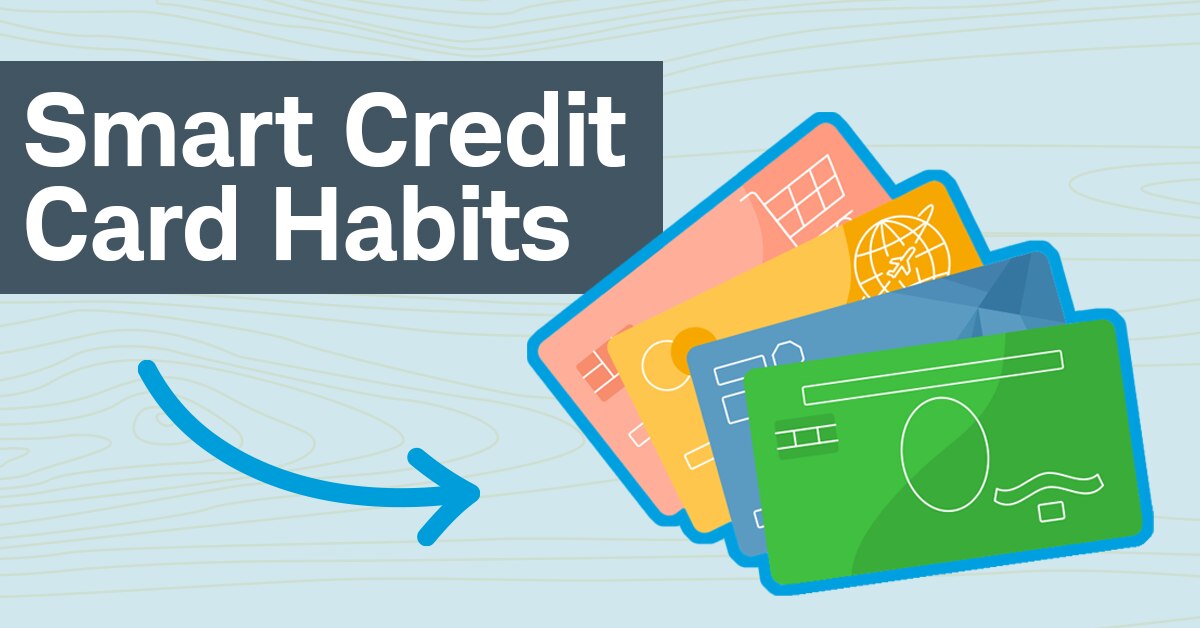
In the face of unexpected financial challenges, having a solid emergency preparedness plan is crucial. While credit cards can be valuable tools in times of crisis, using them wisely is key to avoiding long-term financial setbacks. In this blog post, we’ll explore how to navigate financial emergencies with prudent credit card usage.
1. Create a Financial Safety Net 🛡️
Before diving into credit card strategies, it’s essential to have an emergency fund. Aim to save three to six months’ worth of living expenses in a separate account. This fund acts as a buffer, allowing you to cover immediate needs without relying solely on credit.
2. Understand Your Credit Limits and Terms 📊
Familiarize yourself with the terms and conditions of your credit cards. Know your credit limits, interest rates, and any applicable fees. This knowledge will empower you to make informed decisions when using your cards during a crisis.
3. Prioritize Necessities ✅
In an emergency, focus on using credit cards for essential expenses like groceries, medical bills, and utility payments. Avoid unnecessary purchases and luxury items. This approach ensures that your available credit is directed towards crucial needs.
4. Communicate with Creditors 🗣️
If you anticipate difficulties in making credit card payments, communicate with your creditors as soon as possible. Many credit card companies offer hardship programs or temporary solutions for those facing financial challenges. Explaining your situation can help you explore available options.
5. Minimize Credit Card Balances 📉
While it’s tempting to rely on credit entirely during a crisis, strive to keep credit card balances as low as possible. High balances can negatively impact your credit score and lead to increased interest payments. Paying more than the minimum amount due can save you money in the long run.
6. Explore Low-Interest or 0% APR Options 🌐
Some credit cards offer promotional periods with low or 0% APR (annual percentage rate). If available, consider transferring high-interest balances to these cards temporarily. This can provide breathing room to manage your finances without accruing excessive interest.
7. Monitor Your Credit Score 📊
Regularly check your credit score to stay informed about your financial standing. Many credit card companies provide free access to your credit score. Monitoring your score allows you to address any issues promptly and track your progress toward financial recovery.
Conclusion
In times of crisis, strategic credit card usage can be a lifeline. By combining responsible financial practices with a well-thought-out emergency preparedness plan, you can navigate turbulent times while minimizing the long-term impact on your financial health. Remember, preparation is the key to financial resilience. Stay informed, stay proactive, and stay financially empowered. 💪🌟
